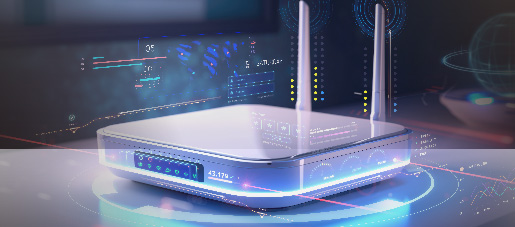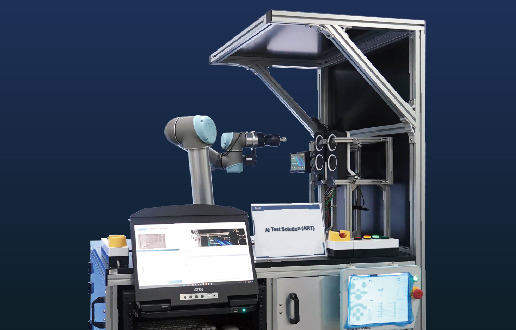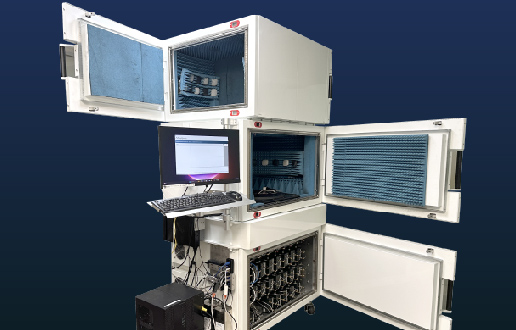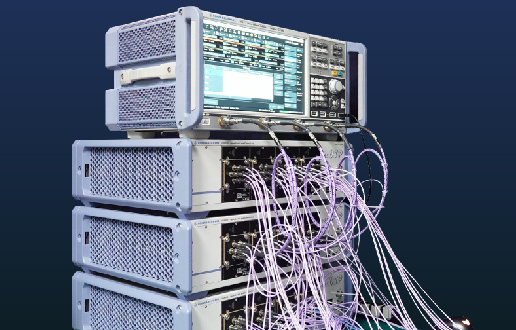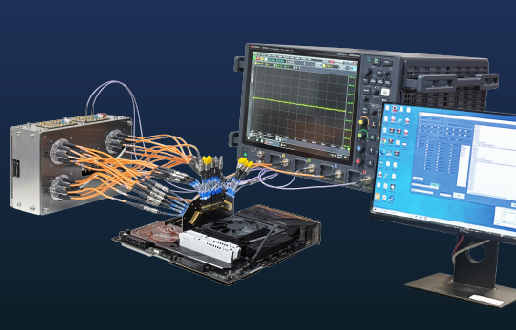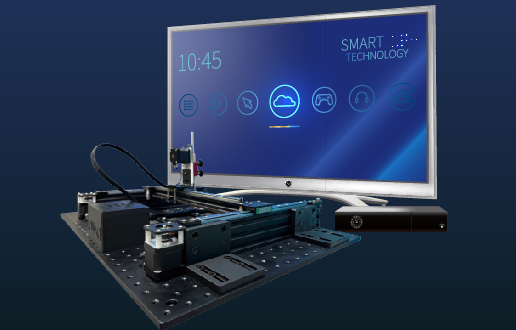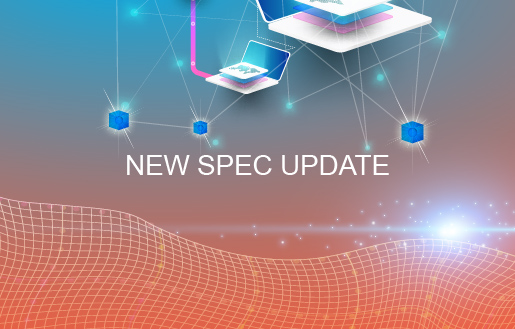On January 8, 2024, the Wi-Fi Alliance officially introduced Wi-Fi 7 — also known as IEEE 802.11be Extremely High Throughput (EHT). The latest iteration of Wi-Fi supports 2.4 GHz, 5 GHz, and 6 GHz frequency bands and Multi-Link Operation (MLO), which enables Wi-Fi 7 to provide higher data rates. The Wi-Fi 7 standard offers the main advantages for users as below:
- From a theoretical standpoint, Wi-Fi 7 is almost four times faster than Wi-Fi 6
- Increase efficiency and handle interference better, even under complex environments
- Reduce latency during transmission
- Provide higher stability and reliability
- Support low-power consumption and energy-saving for devices
Wi-Fi 7 introduces a variety of new technologies to achieve the aforementioned advantages:
- Multi-Link Operation (MLO), facilitating simultaneous data transmission and reception over multiple links
- Wi-Fi 7 extends the channel width up to 320 MHz, providing higher throughput with a wider channel.
- 4K quadrature amplitude modulation (4K QAM), achieving 20% higher transmission rates than 1024 QAM in Wi-Fi 6.
- 512 Compressed Block Ack: The technology advancement improves efficiency and reduces overhead
- Leverage Multiple Resource Unit (MRU) in OFDMA mode to reduce latency and wireless congestion
In addition to the continuous use of OFDMA, major Wi-Fi 7 enhancements include multiple antenna design and MU-MIMO, allowing for simultaneous high-speed transmissions to more users. Moreover, Wi-Fi 7 offers enhanced network security (the WPA3 protocol), and QoS Management provides smoother channel access management. These advancements make the future wireless network more flexible, efficient, and promising.
To obtain Wi-Fi 7 certification, in addition to Wi-Fi 7 testing, it is necessary to undergo testing for backward compatibility and security. Below are the main programs that must be completed:
Connectivity
- Wi-Fi CERTIFIED 7™
- Wi-Fi CERTIFIED 6™
- Wi-Fi CERTIFIED™ n
- Wi-Fi CERTIFIED™ ac
Security
- Wi-Fi CERTIFIED WPA3™
- Wi-Fi CERTIFIED WPA2™
- Wi-Fi Enhanced Open™ (6E device if 2.4GHz/5GHz support OPEN security)
- Protected Management Frames
- Security Vulnerability Detection
- Key Reinstallation Vulnerability Detection
- Fragment and Forge Vulnerability Detection
Optimization
- Wi-Fi Agile Multiband™
- WMM® (Wi-Fi Multimedia™)
As Wi-Fi 7 incorporates some of the most advanced technologies and has extensive product applicability, the Wi-Fi 7 certification is expected to pose increased difficulty and challenges. Allion’s testing laboratories in Taipei and Shenzhen have been authorized by the Wi-Fi Alliance to deliver Wi-Fi 7 certification services. For any inquiries about Wi-Fi 7, please contact Allion.
More News and Services:
- Allion, BUFFALO, and MediaTek Announce WXR18000BE10P Router Obtains Wi-Fi 7 Certification, Making It the First Wave of Wi-Fi CERTIFIED 7™ Products
- Wi-Fi Certification and Consultancy Service















